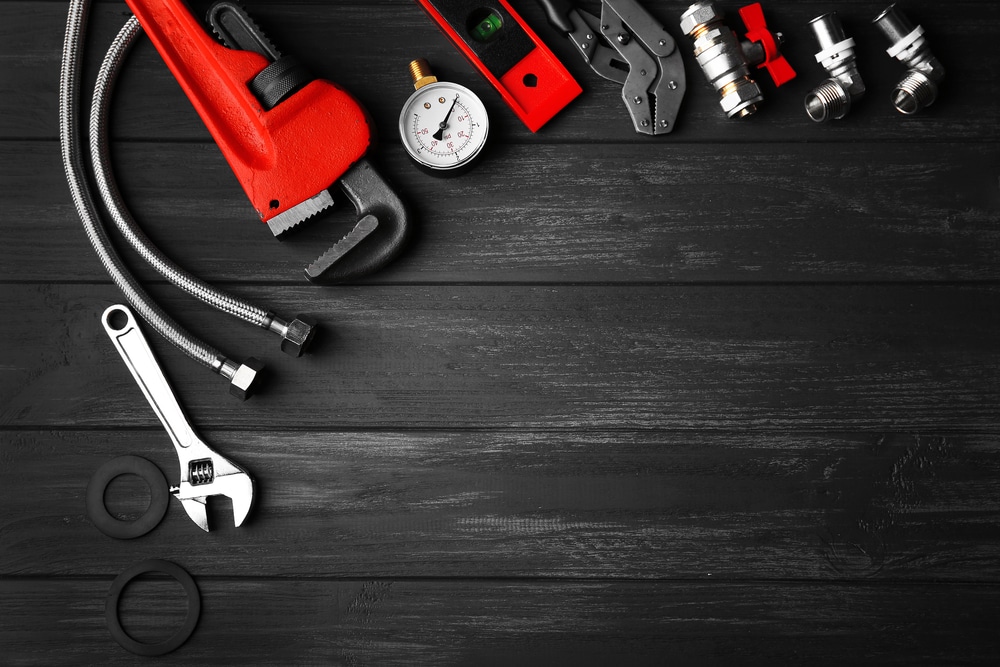Selecting the right plumbing materials for your home renovation project is a crucial aspect of ensuring both the functionality and the durability of your updated space. With a wide range of options available, it can be overwhelming deciding which materials will best suit your specific renovation needs, budget, and style preferences. This comprehensive guide will help you navigate the process of choosing the most appropriate plumbing materials for your home renovation project, guaranteeing a successful outcome and long-lasting satisfaction.
The world of plumbing materials can be extensive, with various options such as metal pipes (copper, galvanized steel, stainless steel), plastic pipes (PVC, CPVC, PEX), or specific fixtures and fittings. Weighing the pros and cons of each material can ensure that you are making an informed decision that aligns with your renovation goals. Factors such as cost, durability, ease of installation, and compatibility with your existing plumbing system are essential considerations when selecting plumbing materials.
In addition to the pipes themselves, the fixtures and fittings you choose can significantly impact the overall sense of style and design of your renovated space. Selecting faucets, showerheads, and other accessories that work cohesively with your renovation’s aesthetic will create a harmonious presentation and enhance your home’s overall appeal.
In this guide, we will explore the various plumbing materials available on the market, discuss their advantages and disadvantages, and offer guidance on making the best selection for your specific home renovation project. By gaining a comprehensive understanding of the options at hand, you can confidently choose plumbing materials that ensure the functionality, style, and durability you desire for your newly renovated space.
Ready to embark on your home renovation journey? Reach out to Blue Muscle Plumbing and Rooter Service and Rooter for expert advice and guidance on selecting the best plumbing materials for your project.
1. Exploring Different Pipe Material Options
Choosing the right type of plumbing pipes for your home renovation project is critical to ensure longevity, proper functionality, and compatibility with your existing plumbing system. Here are some common plumbing pipe materials to consider:
– Copper: Copper pipes are a popular choice for their durability, corrosion resistance, and ability to withstand high temperatures and pressure. While they can be more expensive than other options, their long lifespan and low maintenance make them a wise investment for many homeowners.
– Galvanized Steel: Galvanized steel pipes were once commonly used in residential plumbing due to their strength and affordability. However, their susceptibility to corrosion and rust has led many homeowners to replace them with more durable options, like copper or PEX.
– Stainless Steel: Stainless steel pipes provide excellent corrosion resistance and are ideal for areas with high chloride content in water, such as coastal regions. However, their higher cost typically limits their use to specific applications.
– PVC: PVC pipes are widely used for waste and vent lines due to their affordability, ease of installation, and resistance to corrosion. Keep in mind that PVC pipes are not suited for hot water applications.
– CPVC: CPVC pipes share many of the advantages of PVC but are manufactured to handle both hot and cold water, making them a versatile option for home renovations.
– PEX: PEX pipes have become increasingly popular for their flexibility, corrosion resistance, and ease of installation. They are particularly well-suited for retrofits and home renovations, as their flexible nature allows for easy integration with existing plumbing systems.
2. Evaluating the Compatibility with Your Existing Plumbing System
Before committing to a specific pipe material for your home renovation project, it is crucial to ensure its compatibility with your existing plumbing system. Factors such as the age of your home, local building codes, and your home’s water pressure levels will all play a role in determining the most suitable materials for your project.
When initiating a home renovation, consult with a professional plumber who can evaluate your current system and make recommendations on the most appropriate materials to use. This expert guidance can save you time and money by avoiding potential complications or compatibility issues down the line.
3. Selecting the Ideal Plumbing Fixtures and Fittings
In addition to pipes, your home renovation project’s success also depends on the fixtures and fittings you choose. These plumbing components, including faucets, showerheads, and other accessories, can dramatically impact your renovated space’s overall style and design. Consider these factors when selecting fixtures and fittings:
– Style: Aim for a cohesive design by selecting fixtures that complement your home’s overall aesthetic and the specific style of your renovation project. Consider factors such as color, finish, and design details when making your selection.
– Functionality: Look for fixtures that offer the specific functionalities you desire, such as water-saving technologies, adjustable spray settings, or hands-free operation.
– Quality: Opt for high-quality fixtures and fittings that are made with durable materials and finishes, ensuring that they will withstand daily use and maintain their appearance over time.
4. Establishing a Budget and Considering Cost Factors
Finally, when selecting plumbing materials for your home renovation, it is essential to establish a budget and consider costs associated with each option. Here are some cost factors to take into account:
– Material costs: The cost of plumbing materials can vary significantly depending on the type and quality of the pipes, fixtures, and fittings you choose. Ensure you consider both the upfront cost and the potential long-term savings offered by investing in durable, low-maintenance materials.
– Installation costs: Some plumbing materials require more complex or time-consuming installation processes, leading to higher labor costs. Factor these installation expenses into your budget when making your selection.
– Maintenance costs: Be mindful of the potential maintenance costs associated with specific materials. For instance, while galvanized steel pipes may be more affordable upfront, they are more prone to corrosion and may require more frequent maintenance or replacement.
Conclusion:
Choosing the right plumbing materials for your home renovation project can be a complex decision, but with thorough research and expert guidance, you can successfully select the most suitable materials that ensure durability, functionality, and style in your newly renovated space. By examining the different pipe materials available, evaluating compatibility with your existing system, selecting appropriate fixtures and fittings, and considering cost factors, you can confidently embark on your home renovation journey armed with the knowledge to make informed decisions.
For professional advice and assistance in selecting the best plumbing materials for your home renovation, contact Blue Muscle Plumbing and Rooter Service and Rooter. Our skilled team is here to help you every step of the way with plumbing services in Lancaster, CA, ensuring a beautiful result that serves your needs and exceeds your expectations.

